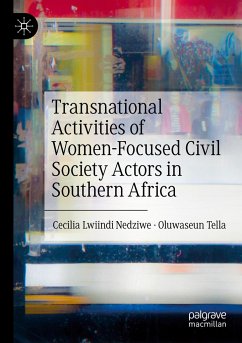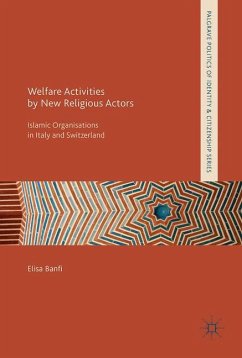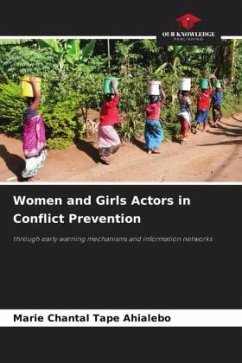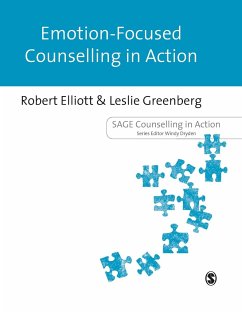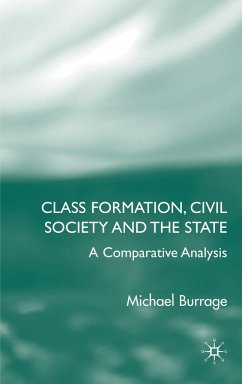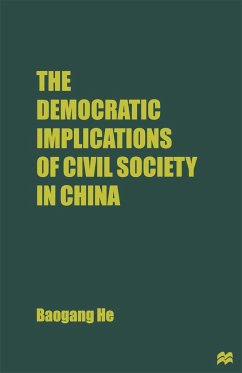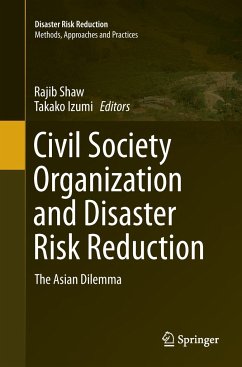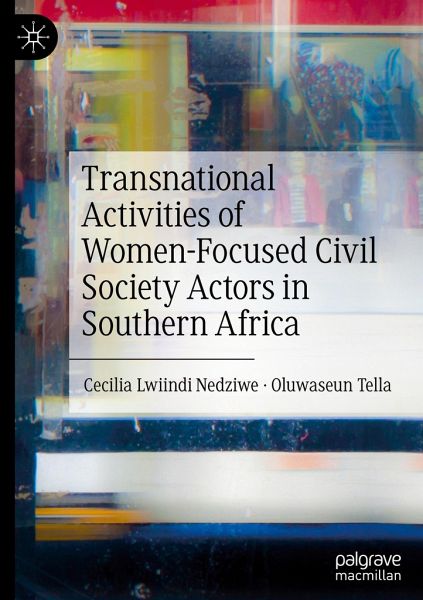
Transnational Activities of Women-Focused Civil Society Actors in Southern Africa
Versandkostenfrei!
Versandfertig in 6-10 Tagen
98,99 €
inkl. MwSt.
Weitere Ausgaben:

PAYBACK Punkte
49 °P sammeln!
This book focuses on southern Africa by engaging with 'norms' from various perspectives and how they have proliferated within a neo-liberalising context since the 1990s. It particularly examines gender norms in relation to agency, influence and their impact. Despite growing transnational activities, regional studies analyses have so far maintained a primarily linear logic not incorporative of the increasing interface between state and non-state regionalism in a transnational context since the advent of liberalisation and democratisation. Increasing non-state activities, and their connection to...
This book focuses on southern Africa by engaging with 'norms' from various perspectives and how they have proliferated within a neo-liberalising context since the 1990s. It particularly examines gender norms in relation to agency, influence and their impact. Despite growing transnational activities, regional studies analyses have so far maintained a primarily linear logic not incorporative of the increasing interface between state and non-state regionalism in a transnational context since the advent of liberalisation and democratisation. Increasing non-state activities, and their connection to state processes involved in norm creation, adaptation, diffusion and implementation around broad questions of security (including gender security), amount to regional thickening. The book's analytical approach is informed by alternatives to mainstream approaches, emphasising processes rather than linearity inherent in regional international relations studies. The research reveals that transnational activities and regionalisation of gender and women-focused civil society actors are critical for advocacy and diverse representation within intergovernmental policymaking structures at the regional scale.





